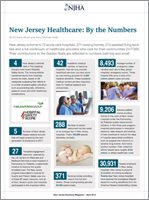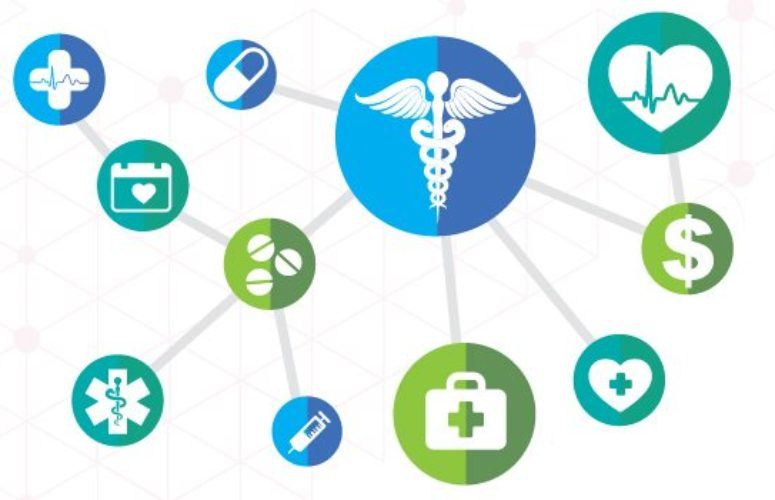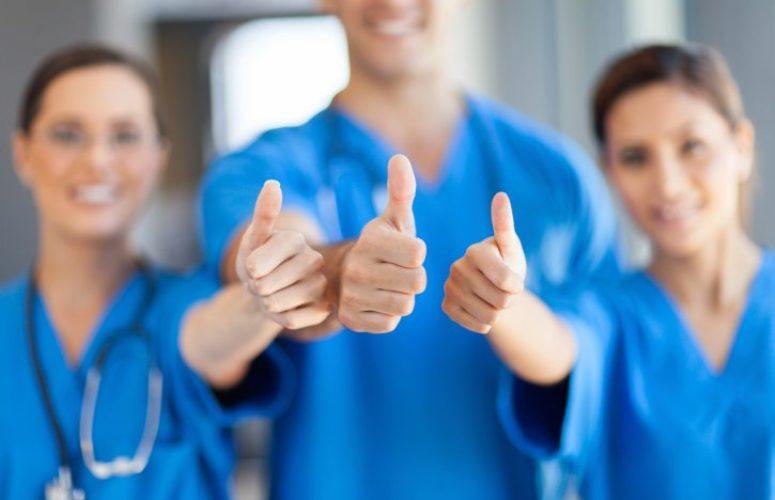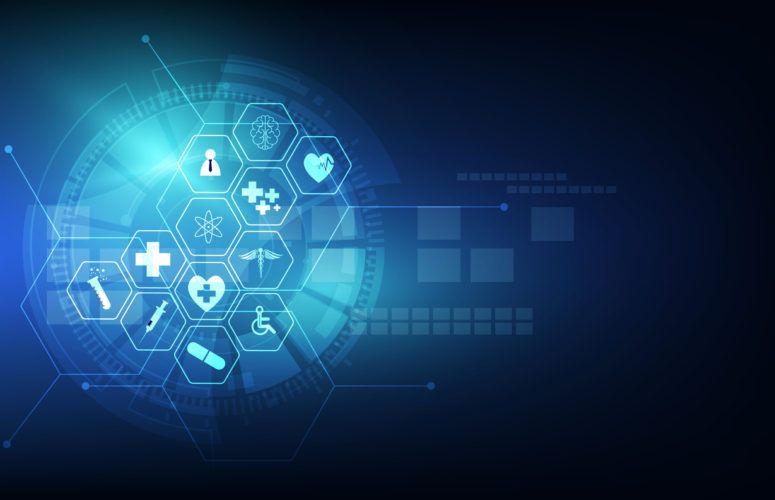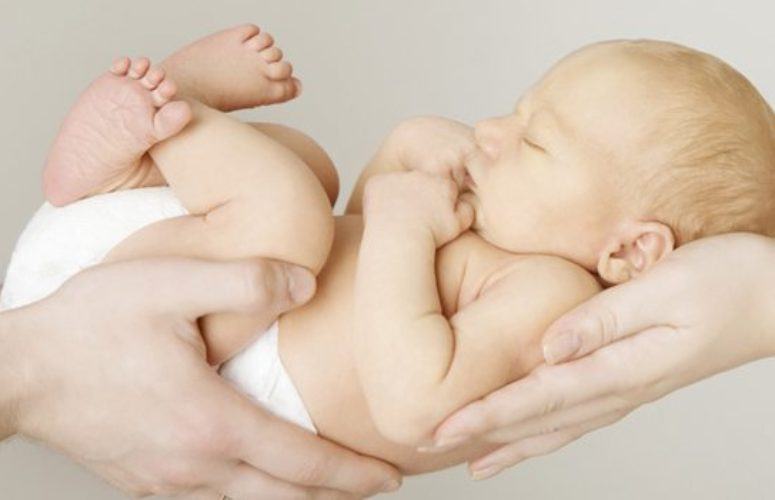
New Jersey Healthcare: By the Numbers 2015
By Kimberly Brook and Kerry McKean Kelly On Mar 27, 2015New Jersey is home to 72 acute care hospitals, 371 nursing homes, 215 assisted living facilities and a full continuum of healthcare providers who care for their communities 24/7/365. Their contributions to the Garden State are reflected in numbers both big and small.
4
New Jersey’s national rank in The Leapfrog Group’s most recent Hospital Safety Score. The ranking reflects combined results from hospitals across the state, based on 28 categories evaluating their efforts in a number of patient safety indicators such as preventing falls, infections, pressure ulcers and other healthcare complications.
5
Number of New Jersey-based medical schools that will begin preparing the next generation of physicians in 2017.
27
“Hospital engagement networks” selected by the US Centers for Medicare and Medicaid Services to lead hospitals in Partnership for Patients, a nationwide initiative to improve the quality of patient care. The New Jersey Hospital Association’s Institute for Quality and Patient Safety was one of these 27 select networks, and all of New Jersey’s acute care hospitals participated in this important effort.
42
Academic medical centers, or teaching hospitals, that not only provide healthcare services, but also serve as vital training grounds for 3,000 medical residents. These academic medical centers are also important sites for medical research and clinical trials.
288
Number of babies welcomed into the world on an average day in New Jersey hospitals. That’s 105,000 special deliveries, annually.
371
Nursing homes providing care to the frail and elderly. Those nursing homes provide 50,000 patient beds.
8,493
Average number of emergency cases handled each day in New Jersey hospitals’ emergency rooms. Those hospital ERs serve a total of 3.1 million patient cases annually.
9,206
Adverse patient events avoided, thanks to the work of New Jersey hospitals under the Partnership for Patients quality improvement initiative. In this three-year program, hospitals participated in education sessions, data analysis and sharing of best practices to reduce the rates of hospital-associated conditions such as surgical site infections or adverse drug events. And here’s another number: Their collective efforts helped save roughly $125 million in added healthcare costs.
30,931
Nurses employed in New Jersey hospitals. New Jersey is proud of its tradition of nursing excellence. Twenty-four New Jersey hospitals have received the prestigious Magnet Award for nursing excellence from the American Nurses Credentialing Center.
55,000
The number of individuals employed by New Jersey nursing homes.
144,000
Full- and part-time jobs provided by New Jersey hospitals. In addition to more than 30,000 nurses, this total includes 10,777 jobs in dietary, housekeeping and maintenance, 7,626 jobs in radiology and more than 4,200 therapist jobs.
13.5 million
Individuals who benefit annually from hospitals’ “community benefit” programs. These programs include free and discounted care for those in need, health education and community events like health fairs, immunization clinics and health screenings.
18 million
Patients cared for by New Jersey hospitals annually. This number represents inpatients, as well as individuals treated in hospital emergency departments and then released.
$457 million
State income taxes paid by hospital employees in New Jersey. Those dollars ripple throughout the state economy, bringing added fiscal health.
$2.4 billion
Amount of unpaid care New Jersey hospitals provided in a year. That total includes charity care services that are not unreimbursed by the state; “bad debt” absorbed by hospitals (which is climbing as new insurance plans raise consumers’ out-of-pocket costs); and the underfunding of Medicaid and Medicare payments to hospitals. Those two programs reimburse hospitals at rates that are less than the actual costs of providing care – about 72 percent of costs for Medicaid and about 90 percent of costs for Medicare.
$2.8 billion
Annual “community benefit” contributions New Jersey hospitals provide beyond actual healthcare services. The total reflects four categories: free and discounted care for the poor, senior citizens and others who cannot afford to pay; health improvement services (examples include immunization clinics, health fairs and support groups); health professions education to train new physicians and other healthcare professionals; and other community benefit programs such as in-kind services and cash contributions to local municipalities.
$8.3 billion
Total payroll New Jersey hospitals provide to their employees – an economic shot-in-the arm to communities and businesses across the state.
$20.9 billion
Grand total of New Jersey hospitals’ economic contributions. That total includes the value of jobs, employee payroll, purchased services and state income taxes paid by hospital employees. Hospitals and the broader community of healthcare providers are key to New Jersey’s overall well-being and fiscal health.
About the Authors: Kimberly Brook is a senior staff writer for the New Jersey Hospital Association. Kerry McKean Kelly is NJHA’s vice president of communications and member services.
Related Articles:



